
OR
Tourism entrepreneurs pull their socks up to revive 'Green East'
Published On: July 18, 2021 12:18 PM NPT By: BIRAT ANUPAM/RSS
_20210718122717.png)
ITAHARI, July 18: On 25 April 2015, a powerful earthquake of 7.8 magnitude struck Nepal killing almost 9,000 people. Like with many other sectors, this tragedy also came as a tourism calamity for the country. Mountaineering expeditions including to Mt Everest were cancelled. Nepal's tourism magnets of the Kathmandu Valley and its vicinities including Rasuwa's Langtang, Gorkha, the epicenter, among others, were almost paralyzed.
At the height of this natural disaster, Nepal was portrayed as an unsafe nation for world travelers. There was a message, through international media, that Nepal's tourism was crumbled with no safe places to travel to. But in fact, East Nepal was almost unaffected by the powerful quake and its repeated aftershocks. This led to the birth of the concept of the 'Green East'.
Basudev Baral, a tourism activist and entrepreneur from Dharan, a famous tourist city in eastern Nepal, coined the term. ''Earthquake was a disaster within central Nepal, but it did not affect much the rest of the country'', remembers Baral, ''We capitalized the tragedy to boost the tourism magnet of eastern Nepal, which was long neglected by Nepal's tourism authorities as tourism was mainly promoted within Kathmandu, Pokhara, Lumbini and Chitwan.''
Baral and other tourism professionals turned toward the adjoining Indian states of West Bengal and Sikkim to lure international tourists.
They embarked on a promotion journey to India on 8 August 2015. A 15-member team led by Sunsari Tourism Promotion Committee chair Shivaraj Shrestha traveled to Siliguri of West Bengal, Gangtok of Sikkim and Darjeeling of West Bengal. They reached Siliguri on 8 August, Sikkim on 9 August and Darjeeling on 11 August. They interacted with local tourism authorities and tourism professionals.
''What I felt unique about our tourism promotional journey to neighboring Indian states is that most of them did not know much about adjoining tourist areas of Nepal'', said Alina Magar, one of the members of the team. She added, ''They mostly talked about faraway tourism places like Kathmandu, Pokhara, Lumbini and Chitwan. We made presentations about some destinations in eastern Nepal and they were impressed.''
Magar said some Indian travelers who had already been to Nepal complained about repeated hassles for Indian vehicles from both police and public.
East Nepal's team was on the Indian soil after 100 days of Nepal's earthquake. Indian daily newspaper named 'The Statesman' had headlined 'Hit hard by April earthquake, Nepal turns to east to revive tourism industry.'' It wrote, ''As Nepal recently marked the 100th day of a devastating earthquake that struck some parts of the country including capital city of Kathmandu, the government of the neighboring country has chalked out a comprehensive plan to revive the tourism industry.''
Concept of 'Green East' and 'East Nepal Travel Year 2017'
Baral said he coined the concept of 'Green East' mainly for two reasons. First, to start making package tours regionally and second, to promote neglected tourism magnets of East Nepal.
''Tourism needs professionalism and for this destination, access, infrastructure and people's participation are not enough. We need standard traveling packages. 'Green East' was a byproduct of these things for East Nepal'', said Baral. He stressed the importance of 'Green East' as it covers destinations from Sunsari to Ilam to Taplejung along the route of which almost all major destinations from plains, mid-hills and Himalayas are included.
From Sunsari's Koshi Tappu Wildlife Reserve to Ilam's lush tea gardens to Taplejung's Pathibhara and Himalayas, it includes many packages at one go, said Baral. ''We were encouraged by little growth of Indian travelers after our promotional tour'', said Baral, ''However, it was not satisfactory arrival as expected.''
Tourism professionals in 2015 had also planned about 'East Nepal Visit Year 2017'. Unfortunately, it did not happen mainly due to lack of strong preparations by tourism professionals and adequate economic assurance by the sponsors and the government authorities concerned.
'Green East' for post-pandemic tourism boom
Despite its inception in 2015, tourism entrepreneur Baral says 'Green East' can be useful again in the aftermath of the COVID-19 pandemic.
''This concept of 'Green East' was born out of the 2015 earthquake tragedy, and this can be utilized for post-pandemic tourism revival,'' said Baral. He added, ''We need this program again because it covers all major tourism destinations of Province 1. The black-topped roads and growing hotels add advantage to the future 'Green East' program when compared to 2015 when infrastructures and hotels were not developed much.''
According to Baral, 'Green East' is a tourism program to accommodate all destinations of eastern Nepal, which now boasts of good infrastructure and accessibility. He said East Nepal's tourism is based on natural wonders like Sagarmatha and Makalu-Barun National Park, Kanchenjunga Conservation Area, Koshi Tappu Wildlife Reserve, lush green tea gardens of Ilam, Bhedetar, Tamor, Arun, among others.
''We cannot arrange easy travel packages for travellers to all these areas. However, we can arrange where we do have good access and infrastructure for traveling. For this, we have 'Green East’, said Baral.
Tourism entrepreneurs like Baral are happy after the Dharan local government has started the ''Green East'' program to promote tourism in East Nepal. ''We are very serious on tourism activities, we have our own local tourism committee, we have published many travel booklets and have traveling materials online about Dharan and around'', said Kishor Thulung, the deputy coordinator of Dharan Tourism Promotion Committee.
You May Like This
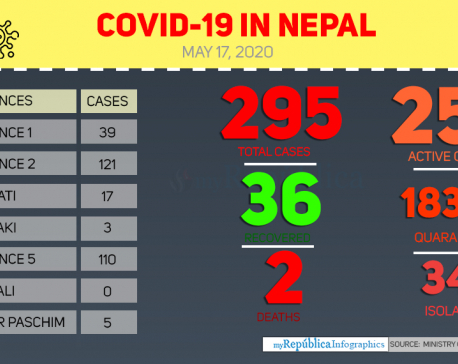
Health ministry confirms three new COVID-19 cases, number of total cases reaches 295
KATHMANDU, May 17: Nepal reported three new cases of COVID-19 on Sunday evening, taking the national tally to 295. ... Read More...

Nepal records 194 cases, 348 recoveries and one death on Tuesday
KATHMANDU, March 8: Nepal recorded 194 new cases of COVID-19 along with 348 recoveries and one death from the deadly... Read More...
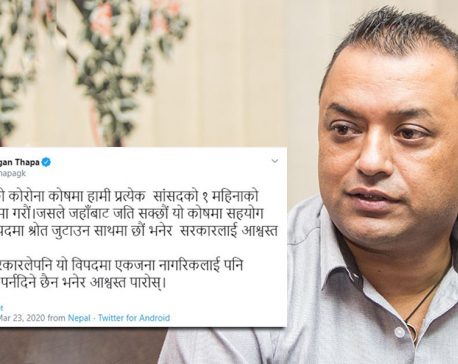
MP Thapa proposes to contribute one-month salary of lawmakers to govt’s COVID-19 fund
KATHMANDU, March 23: Lawmaker and leader of the main opposition Nepali Congress Gagan Kumar Thapa has proposed to contribute one-month... Read More...




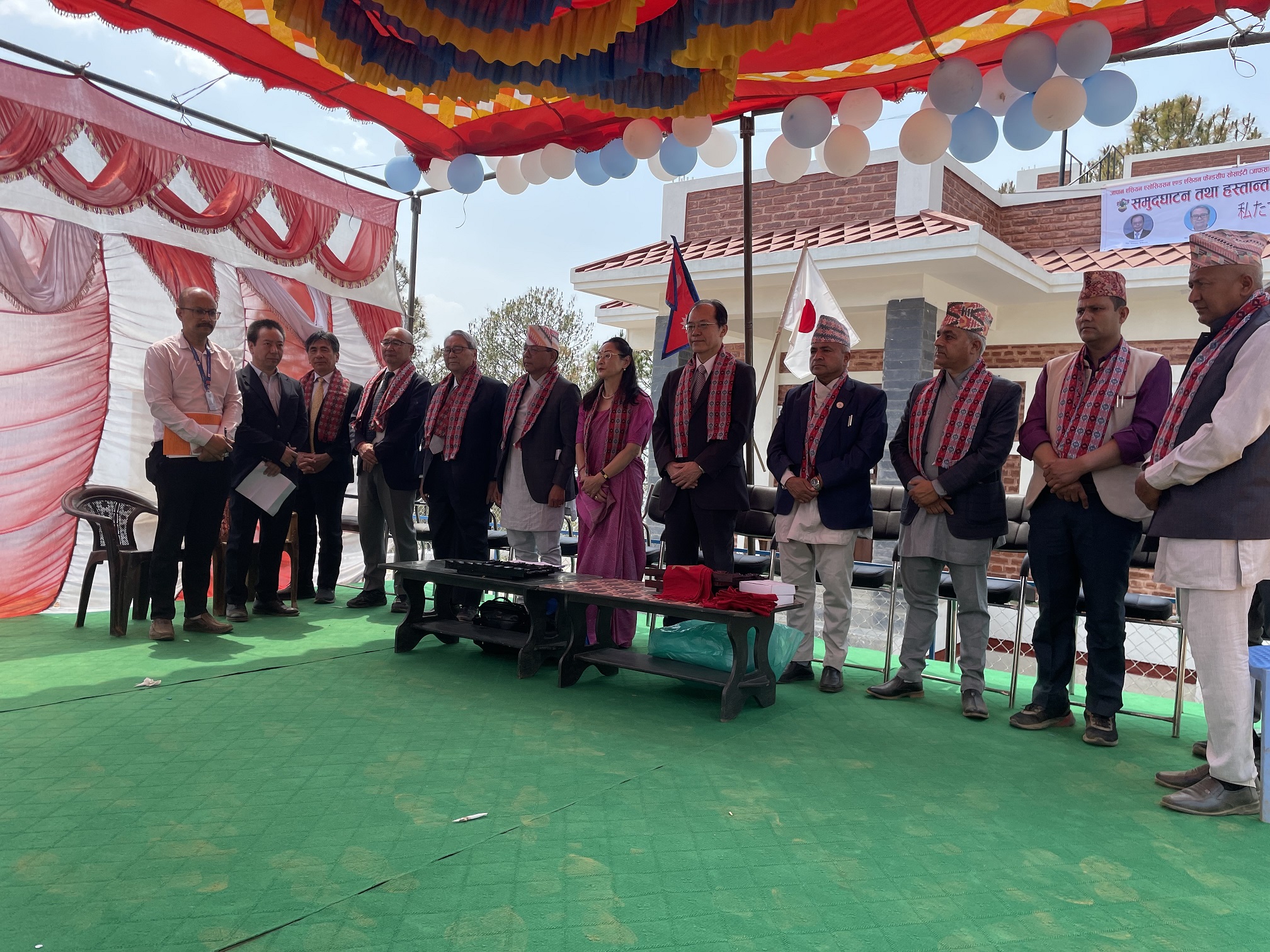
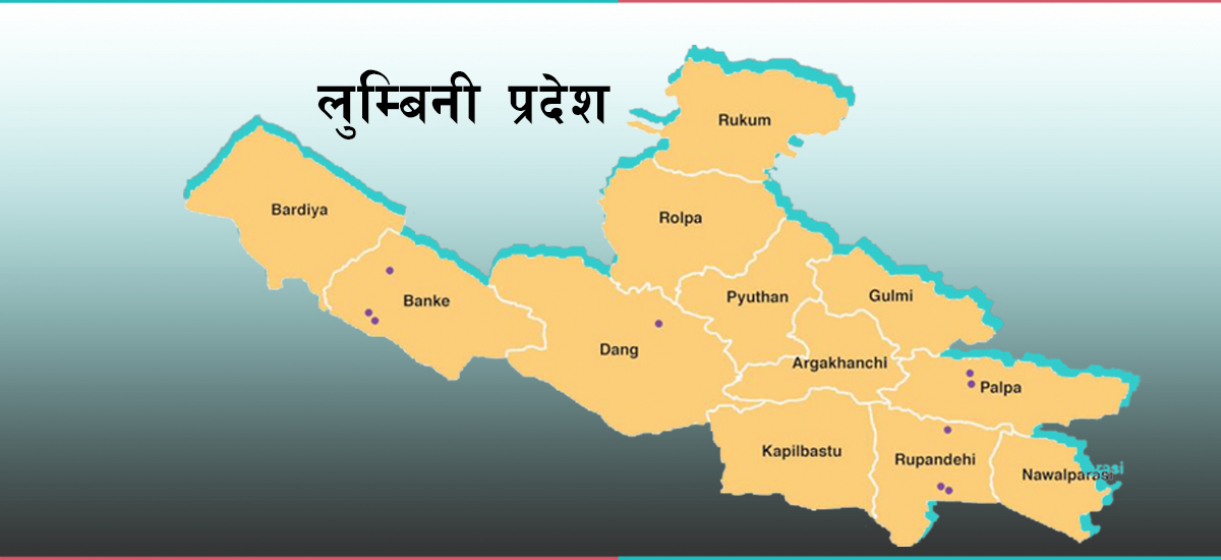
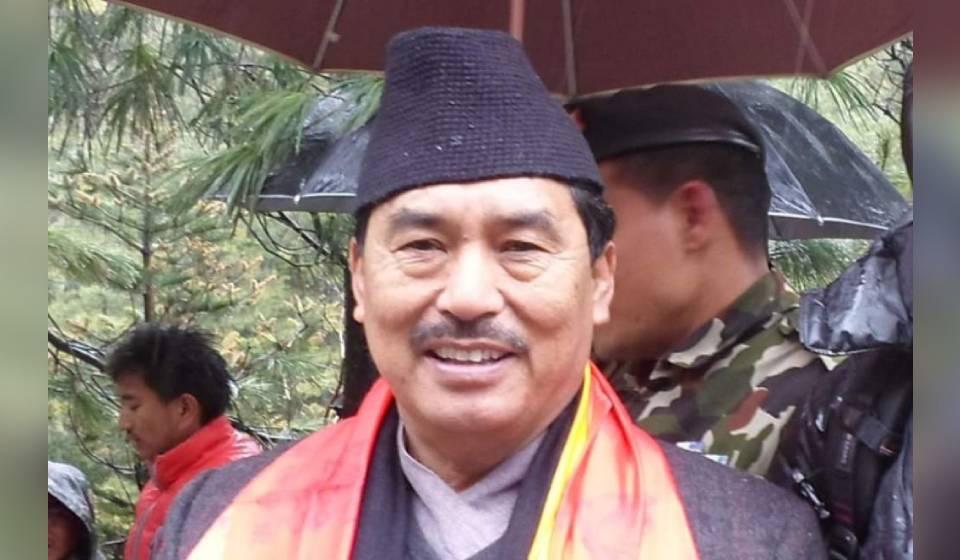


Just In
- Jhapa road mishap update: Three deceased identified
- Japan hands over Community Center for Disaster Prevention to Indrawati Rural Municipality
- Lumbini: Seven ministers gain portfolios
- NC lawmaker Gurung’s suspension lifted
- Homicide accused arrested after 17 years
- Karnali: Maoist Center’s Pariyar appointed as minister without portfolio
- Illam by-election: Nepal-India border to be 'sealed' from midnight today
- Gold price rises by Rs 500 per tola








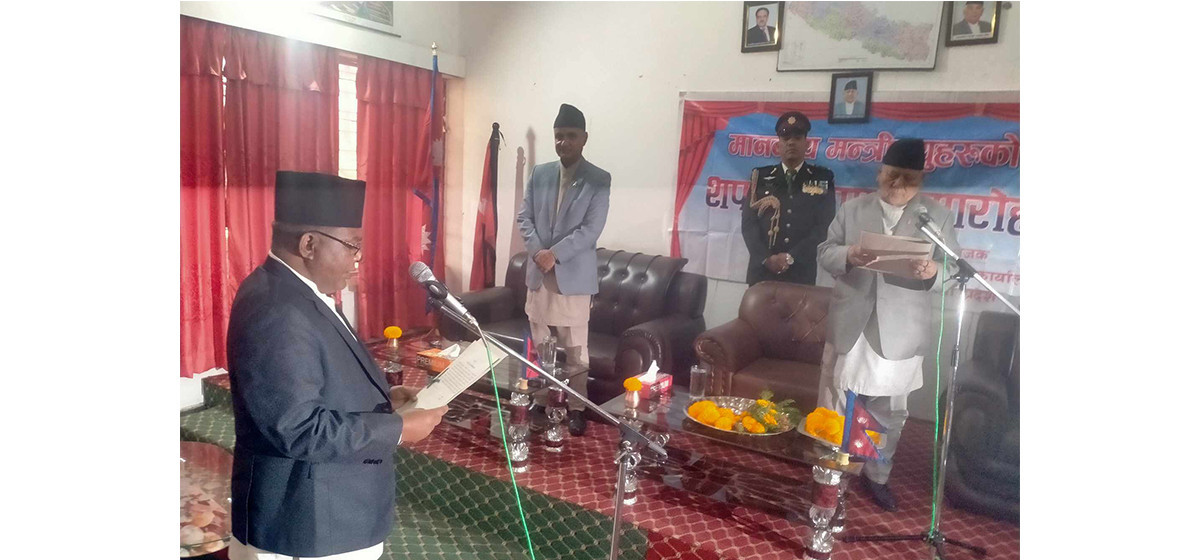

Leave A Comment